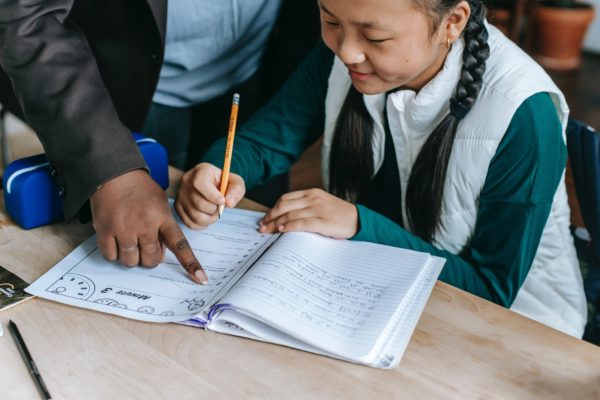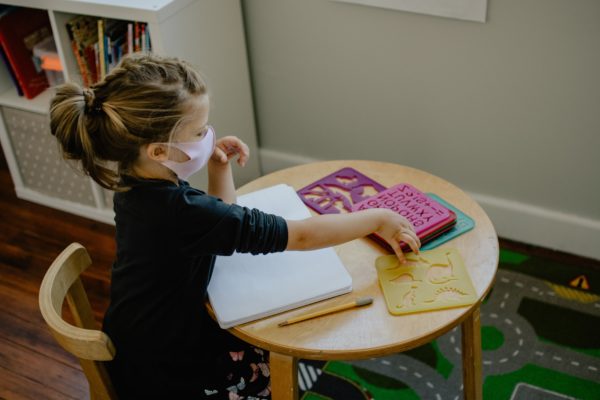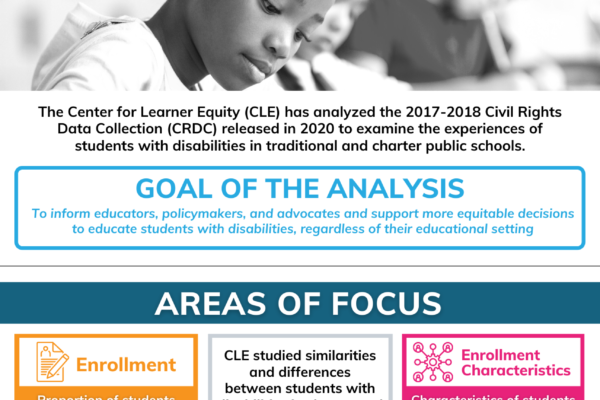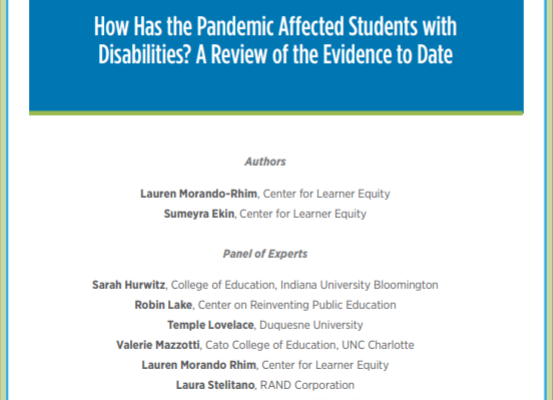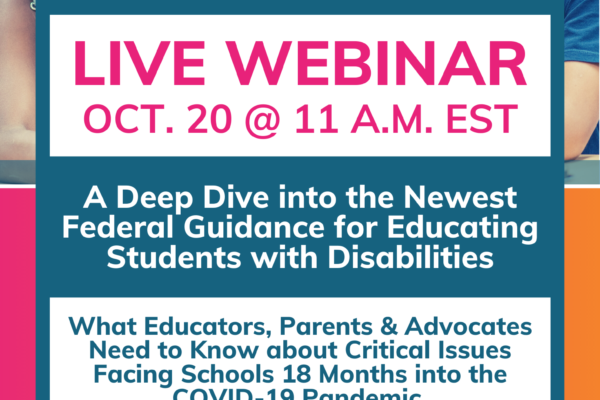This study identifies a path forward for New Orleans’ uniquely decentralized school system to coordinate services for students with disabilities through an Educational Service Agency while maintaining its commitment to autonomous charter schools.
Check out the recap of our March 2023 social media campaign for “Enabling Meaningful Inclusion: Lessons from School Leaders”.
The circumstances are sobering and unacceptable: Students are being suspended and expelled from American public schools at an alarming rate. Even worse, students with specific profiles are consistently and disparately subjected to exclusionary discipline in much higher numbers. CLE’s Paul O’Neil explores the nuances of informal discipline in today’s schools. Read Subterranean Discipline Brief HERE
The Inclusive School Spotlight Series is back with Season 2! The podcast collaboration between CLE and EALA highlights schools that are using innovative practices to educate students with disabilities.
The Center for Learner Equity is proud to partner with the Educating All Learners Alliance (EALA) on the Inclusive School Spotlight Series podcast, hosted by CLE’s own Senior Director of Communications and Marketing, Caché Owens.
The Center for Learner Equity partnered with the National Charter School Resource Center to host a webinar entitled, “Providing Students with Disabilities Equitable Access to Charter Schools.”
The Center for Learner Equity (CLE) has conducted a secondary analysis of the 2017-2018 Civil Rights Data Collection (CRDC) released in 2020. The CRDC is the nation’s leading data set on civil rights indicators related to access and barriers to educational opportunities.
CLE’s latest brief, How Has the Pandemic Affected Students with Disabilities? A Review of the Evidence to Date, examines the impacts of COVID-19 on students with disabilities based on a review of hundreds of studies. In particular, the report highlights widespread disruptions to student’s Individual Education Programs (IEPs) and Section 504 plans. It also examines significant disparities in access to specialized services and draws attention to areas of further inquiry.
In this recorded webinar, Wendy Tucker, CLE’s Senior Director of Policy, discusses new US Department of Education guidance for upholding IDEA during COVID-19 and explores critical issues facing schools 18 months into the COVID-19 pandemic.




